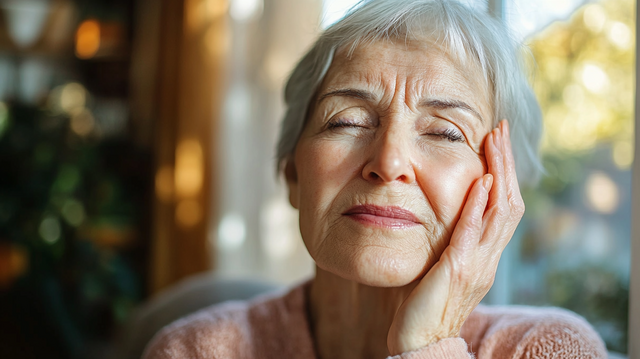
Psoriasis can be a challenging condition at any age, but for seniors, it often requires extra attention and care. Understanding how age affects psoriasis and identifying senior-friendly solutions can significantly improve quality of life. This blog aims to answer common questions surrounding this condition in the elderly, offering both wisdom and warmth along the way. Let’s dive into some of the most effective and gentle approaches to managing psoriasis in seniors.
Understanding Psoriasis in Seniors
Psoriasis is a chronic skin condition that causes skin cells to multiply up to 10 times faster than usual. This results in bumpy red patches covered with white scales, which can be itchy and sometimes painful. As we age, our skin naturally becomes thinner and more sensitive, which can make psoriasis symptoms more challenging to manage for seniors.
Top Questions Answered
1. Are there any gentle treatments for psoriasis suitable for senior skin?
Yes, absolutely! There are several treatments tailored for the more sensitive skin of seniors. These include:
- Topical treatments with lower concentrations of active ingredients.
- Moisturizers specifically designed for sensitive skin.
- Phototherapy with careful monitoring.
2. How can lifestyle changes impact psoriasis in seniors?
Small lifestyle adjustments can have a significant impact on controlling psoriasis. These include:
- Maintaining a balanced diet rich in anti-inflammatory foods.
- Gentle, regular exercise to improve circulation and overall health.
- Staying hydrated and keeping the skin moisturized.
3. Are there any home remedies that can help?
Indeed there are. Some seniors find relief through:
- Warm baths with oatmeal or Epsom salts to soothe itchy skin.
- Using aloe vera or coconut oil for natural moisturization.
- Applying turmeric paste to affected areas, thanks to its anti-inflammatory properties.
Professional Advice for Seniors with Psoriasis
While home remedies and lifestyle changes can be beneficial, it’s crucial for seniors to seek professional medical advice. A dermatologist can provide personalized care plans that take into account the complexities of managing psoriasis in older age, ensuring treatments are effective and don’t interfere with any existing health conditions or medications.
In conclusion, managing psoriasis as a senior requires a gentle, attentive approach. By incorporating suitable treatments, making lifestyle adjustments, and seeking professional advice, seniors can significantly improve their psoriasis symptoms and overall well-being. Remember, you’re not alone in this journey, and there’s always help and hope available.


